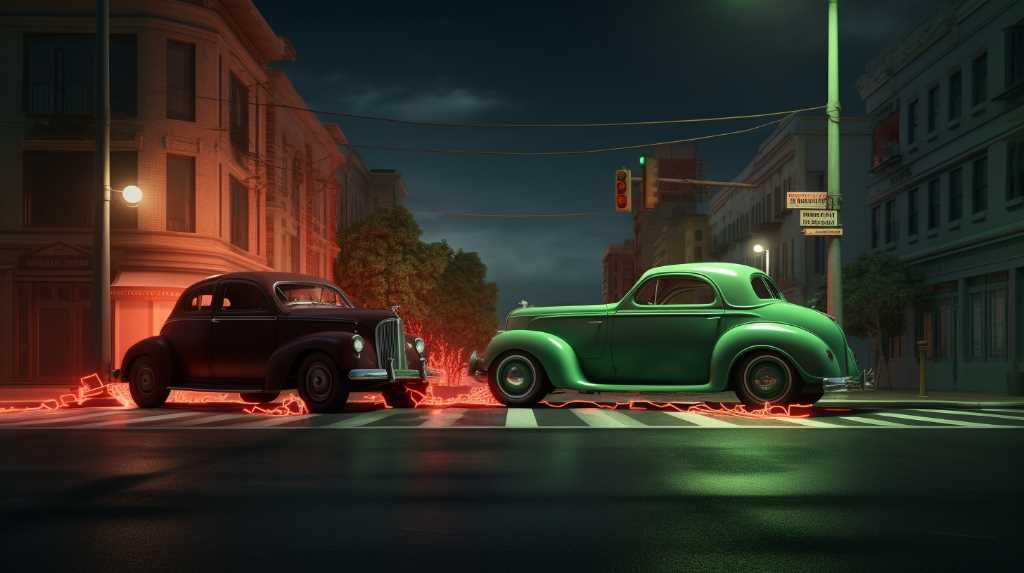
The debate over the terminology used to describe road incidents involving vehicles—specifically, whether to refer to them as ‘car crashes’ or ‘car accidents’—is more than a matter of semantics.
The historical usage of these terms reveals a shift in societal attitudes towards roadway incidents, as ‘accident’ suggests an event that is unforeseen and unavoidable, whereas ‘crash’ implies a level of preventability. This distinction has legal implications, influencing the assignment of liability and the pursuit of compensation.
Moreover, media representation plays a crucial role in shaping public perception, with word choice potentially affecting the psychological impact on those involved. Safety advocacy perspectives also weigh in, advocating for language that emphasizes responsibility and the potential for prevention.
Understanding the nuances between these terms is essential for a comprehensive discourse on road safety and accountability.
Historical Usage of Terms
In the past, people often said ‘car accident’ more than ‘car crash.’ This way of speaking made it seem like these events just happened without anyone causing them. But over time, the words we use have started to change, and now ‘car crash’ is heard more often.
This new term helps us understand that car crashes usually happen for a reason—like a mistake a driver makes, a car part breaking, or bad weather—not just by chance. This is important because it affects how we think about these events, what the law says about them, and how we try to stop them from happening.
Saying ‘car crash’ makes it clear that we can do things to prevent them, and that it’s important for drivers to be careful on the road.
Legal Implications
In law, especially when dealing with personal injury cases, the words we use to describe car incidents matter a lot. If we say ‘car accident,’ it sounds like it just happened out of the blue, with no one to blame. But if we call it a ‘car crash,’ it suggests that someone could have stopped it from happening, maybe because they were driving badly or not following the rules of the road.
Lawyers and insurance companies really pay attention to these words because they help figure out who is at fault and how much money the responsible party should pay. So, it’s really important to be exact with our words to show what really happened.
Media Representation
News stories often highlight the most dramatic parts of car accidents, which can change how people think and talk about them. The news usually focuses on shocking details, leading to confusion about what caused the accident and who was at fault. The media has a choice: they can show pictures, share stories from people who saw the accident, and get opinions from experts to make it seem like the accident was bound to happen, or they can present it as something that could have been avoided.
How the media decides to show these events affects how we think about road safety and what laws we might need. Also, when car accidents are always in the news, people might start to see them as normal and not as risky as they really are.
Psychological Impact
Car accidents can deeply affect the minds of those involved, including drivers, passengers, and onlookers. These events can lead to serious mental health problems like PTSD, severe stress, depression, and anxiety.
Studies show that after being in a car accident, some people might become afraid of driving or riding in cars, which makes it hard for them to get around and lowers their quality of life. Talking to a therapist or taking certain medicines are typical ways to help with these mental health problems.
Also, the words we use to talk about the accident—like calling it a ‘crash’ instead of an ‘accident’—can change how serious it seems and how much it upsets people. The word ‘crash’ suggests it was worse and maybe not an accident at all.
Safety Advocacy Perspectives
Safety experts believe that the word ‘crash’ better describes car accidents that could have been prevented and shows that someone is often to blame. They say that calling these events ‘accidents’ makes them sound like no one is at fault, which isn’t usually true. By using ‘crash’, these experts want to make it clear that many car wrecks don’t just happen; they are caused by things like bad driving, not following rules, or problems with the car or roads.
They hope that by calling them ‘crashes’, people will understand that we can stop these things from happening. This can lead to stronger traffic laws, safer cars, better roads, and teaching drivers more. In short, choosing the right word can help make our roads safer for everyone.
Conclusion
To sum it up, the terms ‘car crash’ and ‘car accident’ mean more than just different words. The history of these terms has changed, and now they can affect who is held responsible and who gets money after a car event.
How the news talks about these events can change what people think about them. The words used can also change how the people in the crash feel.
People who promote road safety encourage us to choose our words carefully to highlight that crashes can often be avoided and to remind everyone that drivers should take care.
So, the words we use when we talk about car events are important because they can change how we think about who should take the blame and how we can all drive safer.